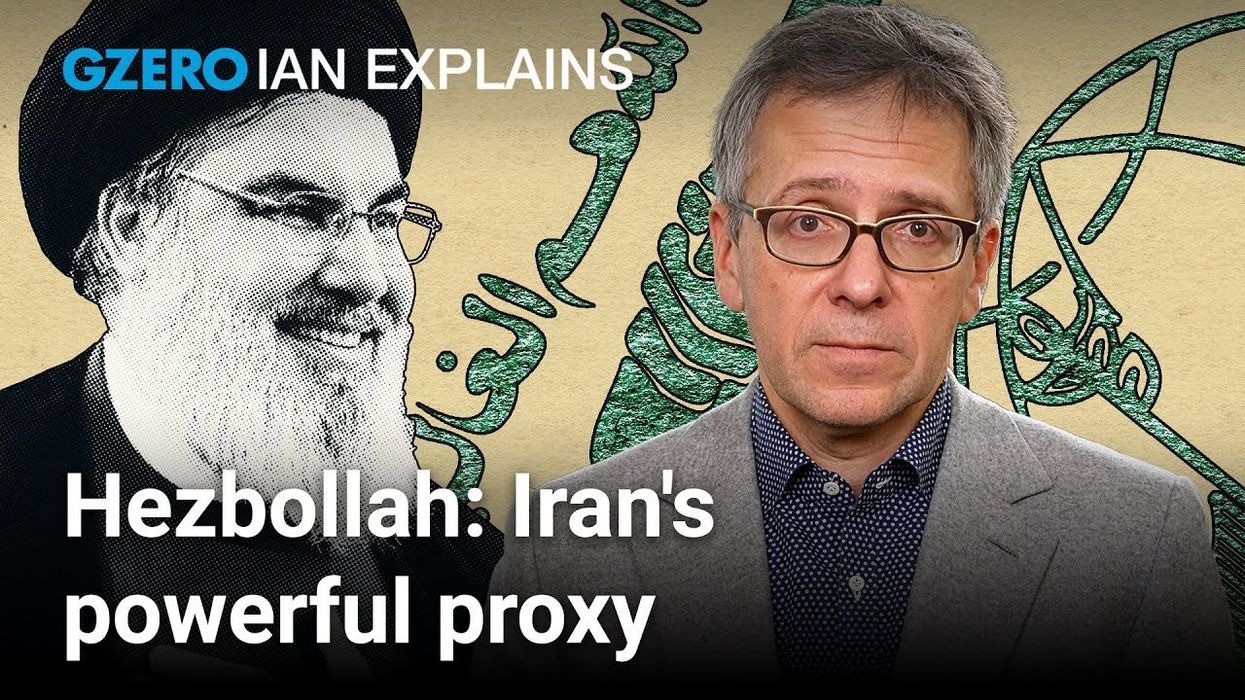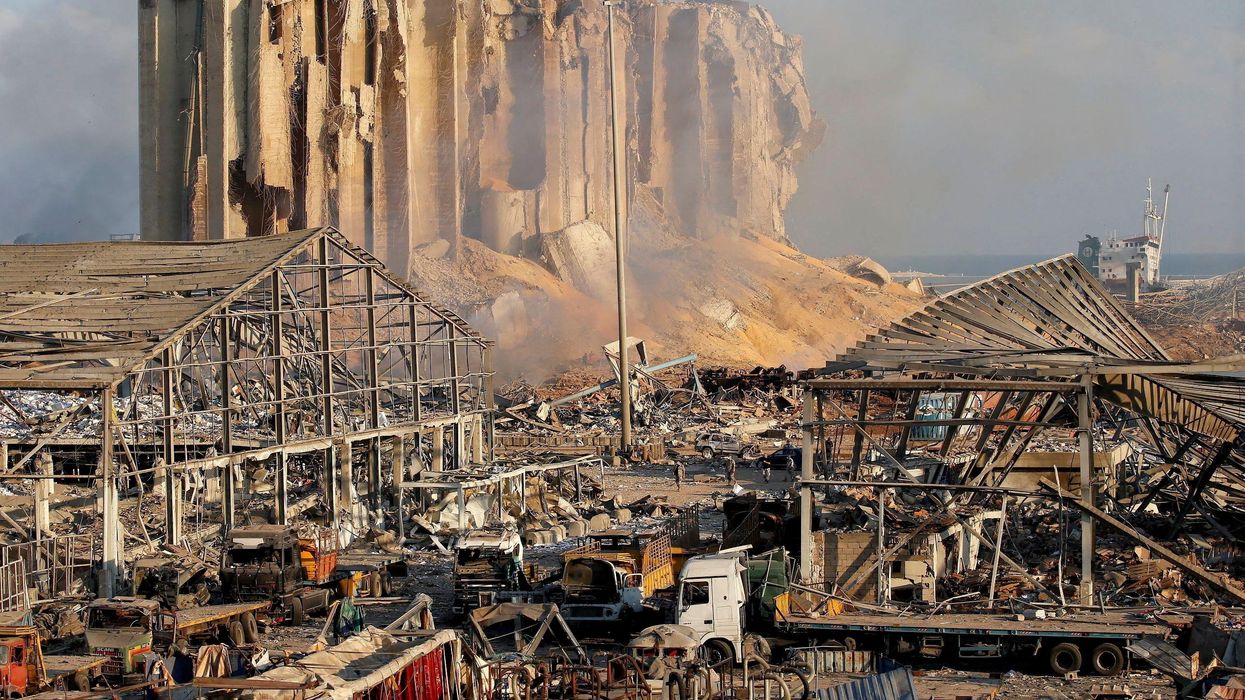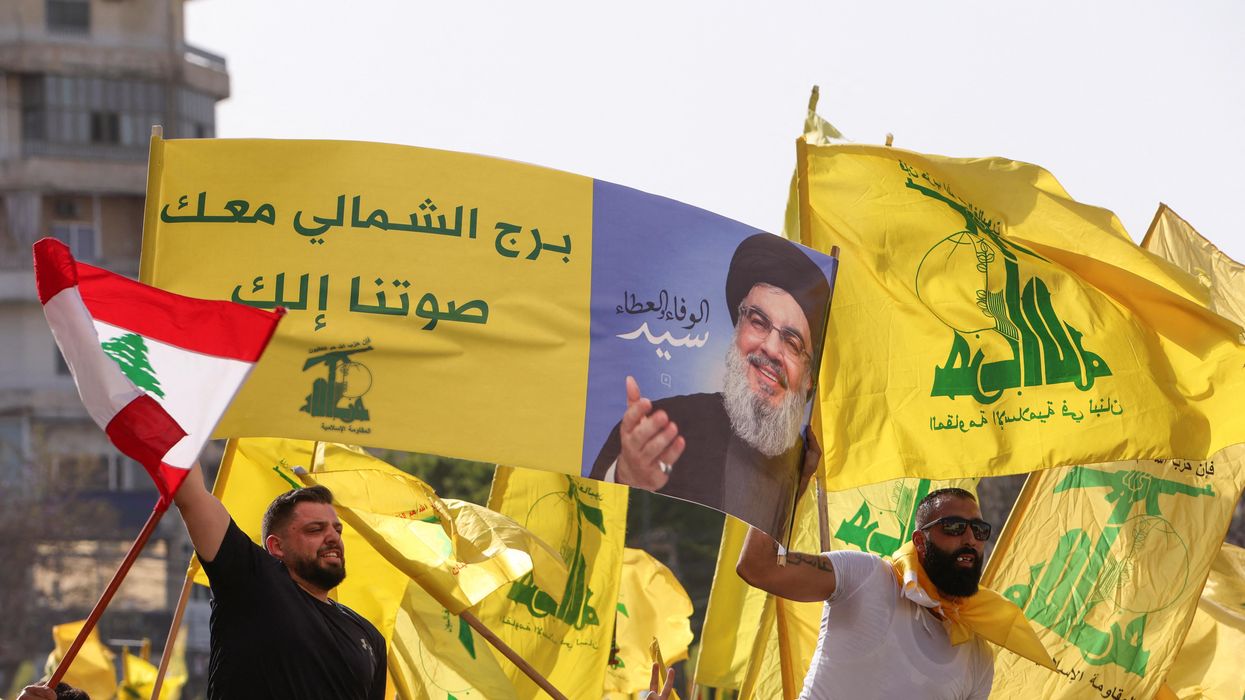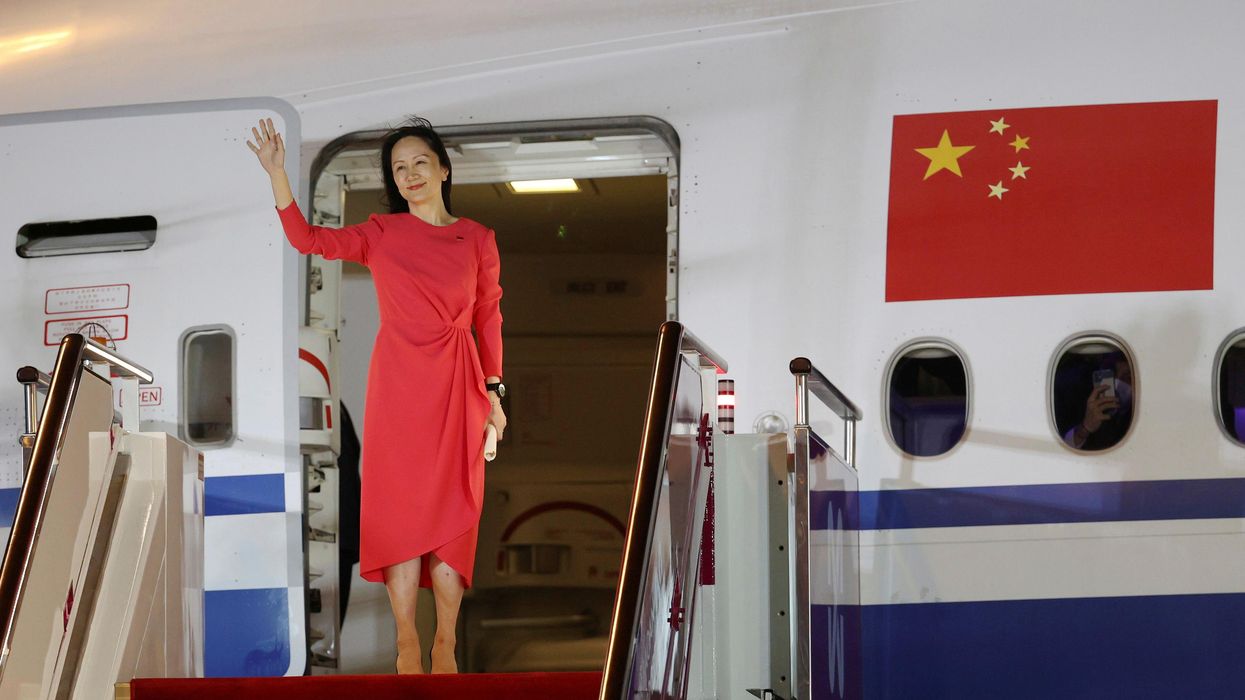Ian Explains
Ian Explains: How Hezbollah became so powerful in Lebanon
An all-out conflict between Hezbollah and Israel would be absolutely devastating for Lebanon, which is already reeling from an economic collapse, a refugee crisis from the Syrian civil war, the deadly 2020 Port of Beirut explosion, and massive currency devaluation.
Dec 15, 2023




